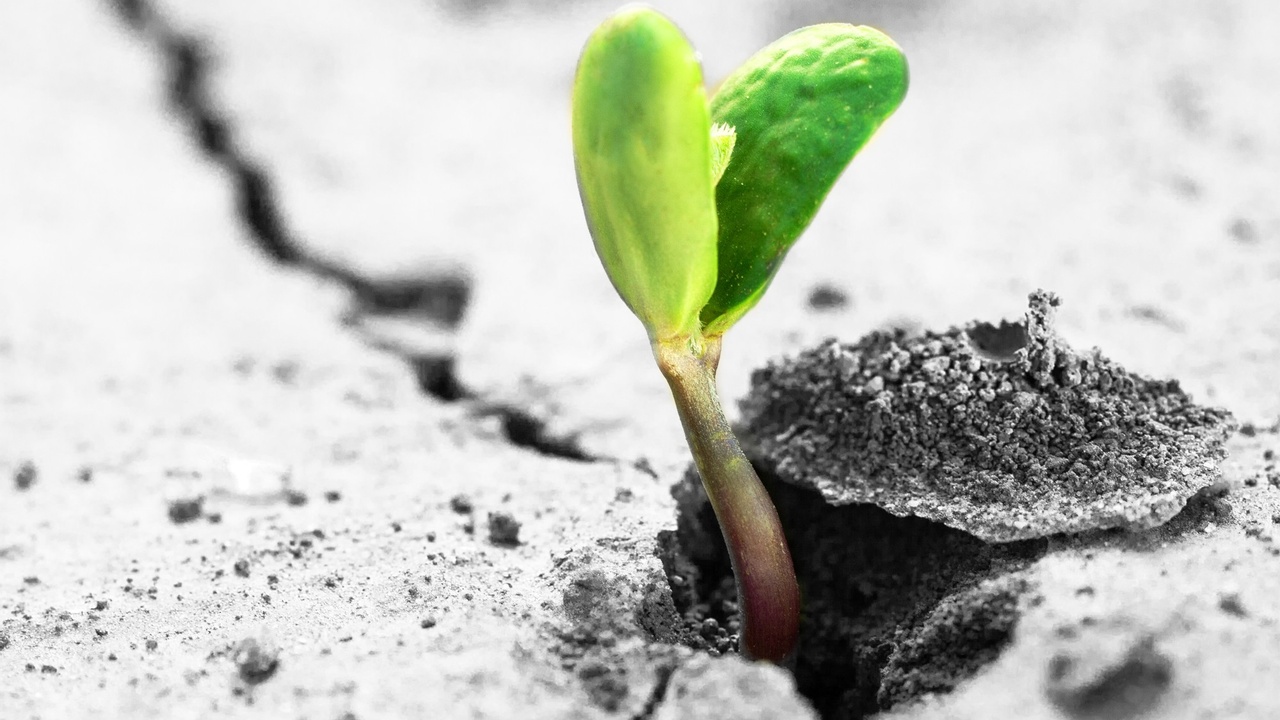How to build your resilience during coronavirus

Are you feeling a sense of overwhelm when it comes to your balancing your fundraising work and family responsibilities right now?
Maybe you’re working from home with small children, trying to juggle child care with endless Zoom team meetings, worrying about hitting your targets, and wondering when the heck you’re supposed to fit in the donor calls you need to be making right now.
Or maybe you wish you were that busy! Perhaps you’ve experienced the trauma of a job loss, or you’re struggling after you’ve had your hours and salary cut back, or important projects put on hold.
No matter what you’re experiencing right now, you will get through this - and the way forward is the same, whether you’re swamped with work, or facing the painful reality of filling your empty day after a job loss.
This week, I’m sharing some simple, effective practices from a talk given by psychologist Dr. Rick Hanson. These practical ideas are grounded in research on coping and resilience - and I found them so helpful in my own work, I wanted to share them here with you.
Taking action can lower anxiety
Right now, there is so much we can’t control, and it’s all too easy to develop what’s called learned helplessness, which can slide into depression.
That means it’s vital to focus on what you can influence, including little things.
Make a plan - even if it’s only for today! Knowing that you have a good plan - and you’re following it - is comforting and calming.
Stuck at home? Maybe now is the time to organize the kitchen drawer, play more games with your kids, or get more exercise.
These little things, obviously, are not going to solve the larger problems in the world - but at least there is something we can do in the circle we have influence over.
When you do have the experience of making a choice, or being effective in some way, slow down and experience that feeling - that’s the antidote to helplessness.
Tap into your inner strengths
So much of what we normally took for granted is no longer available - like the ground suddenly dissolving underfoot.
People naturally ask - what’s going to happen in the future? How will this impact our fundraising, our organization, or my employment prospects?
It’s awful not to know the answers. But the more challenging the outer world is, the more important it is to draw on inner strengths, such as grit and compassion.
Based on how the brain works, here are some simple things we can do to access our inner resources.
First, bring awareness into your body - for instance, be mindful of three breaths in a row, paying attention to the feeling of your chest rising and falling. This naturally reduces activity in the verbal centres of the brain, so there’s less anxious chatter in the mind.
This practice of body awareness quiets the brain’s default mode network, and this will pull you out of repetitive ruminations about the past or the future.
Harness the power to change your brain
Because of neuroplasticity, the capacity of the nervous system to be shaped by what we feel and think, we have the power to change our brains for the better.
Many times a day, we have the chance to pause, and notice beneficial experiences that we’re already having - such as a sense of calming and relaxing as we exhale, or a feeling of gratitude for what is good in our lives.
In the brain, paying attention to these positive experiences can create a ripple effect down the vagus nerve complex that reaches into the heart and lungs and gut to calm and soothe them.
Be extra generous with your kindness
We are innately empathic, but under pressure, we tend to hunker down, and put up walls.
This is a time to be a little extra generous with our attention, our patience, our kindness and love.
When you’re having a conversation with a donor, colleague or family member, can you take that extra moment to listen a little more closely to that other person, and imagine what they’re experiencing behind their words?
These practices may seem simple, but they are very powerful - give them a try, they really do work!
Finally, from a mental health standpoint, the stresses we’re experiencing right now can wear on us where they are most vulnerable.
If you feel very distressed, it’s really important to turn to professional help, either from your Employee Assistance Program, or from a local counselling or support service.
And if you’re interested in learning more about being resilient during coronavirus, you can find additional free resources from Dr. Rick Hanson here.
If you liked this post, consider signing up for our newsletter.

